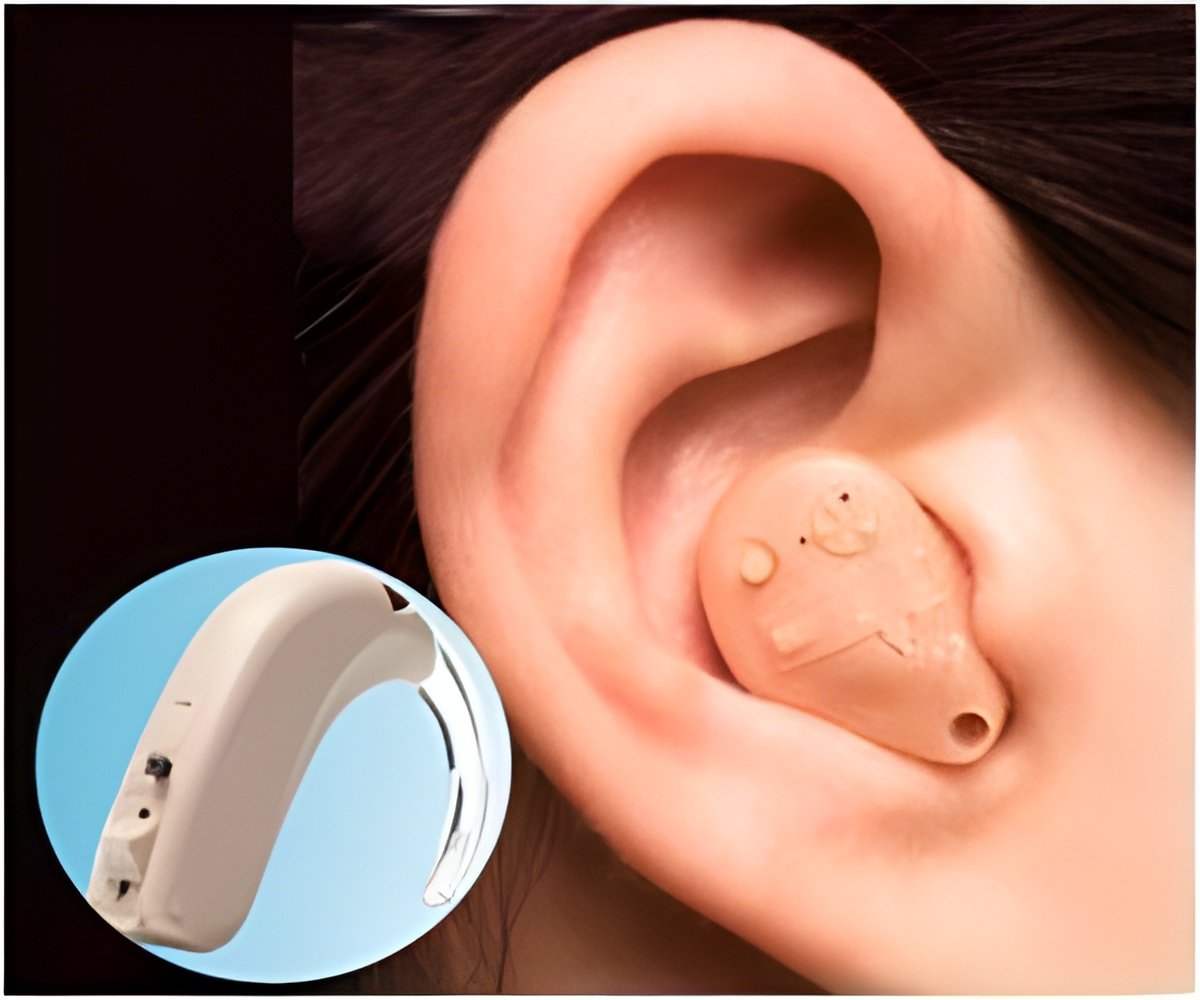
"This is unusual because most people show gradual signs of age-related hearing loss from 60 years of age onwards but mutations in SERPINB6 accelerate this process. It is not yet clear how this mutation causes hearing loss."
Working with animal models induced with the condition, mice started to lose their hearing at three weeks of age, which is comparable to teenage years in humans. Hearing loss continued to worsen as the mice aged, a trend that was also noticed in humans. When the inner ears of these mice were examined under the microscope, the Melbourne team uncovered that tiny, specialised cells in the inner ear, responsible for hearing, had died.
These cells include, not only the sensory hair cells that detect sound vibrations, but also neighbouring cells that belong to a group of cells called fibrocytes.
Both types of cells are required to transform sound into electrical signals in our hearing nerve. Mutations affecting the sensory hair cells have been known for decades to cause hearing loss in humans but mutations affecting the fibrocytes remain uncommon.
"This is an exciting discovery for our hearing because the role of SERPINB6 as an inhibitor is now being unraveled," said Dr Tan.
Advertisement










